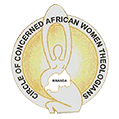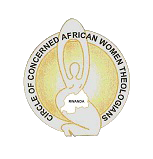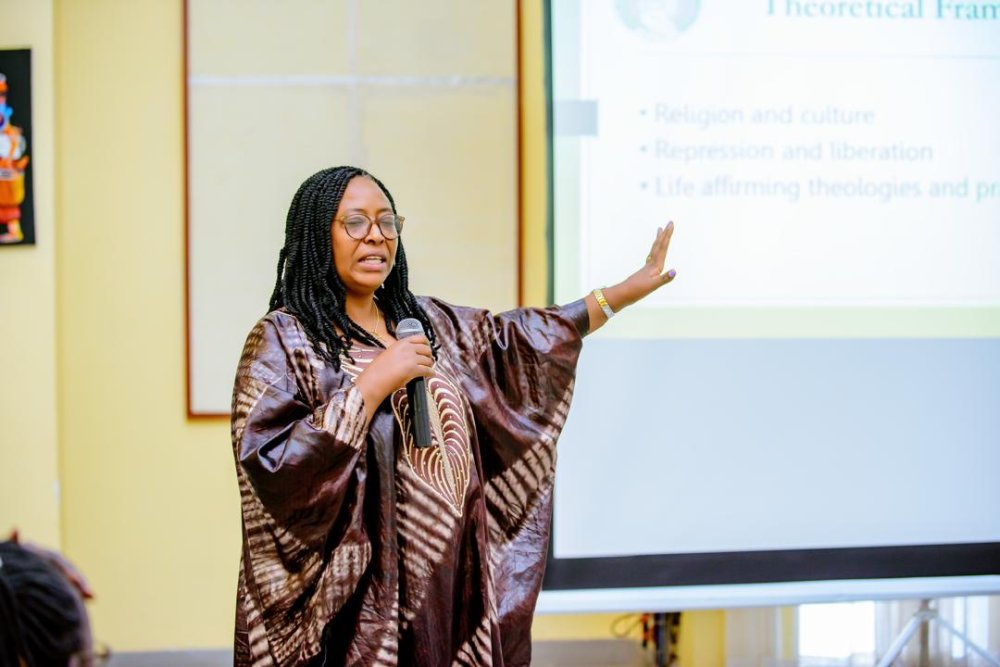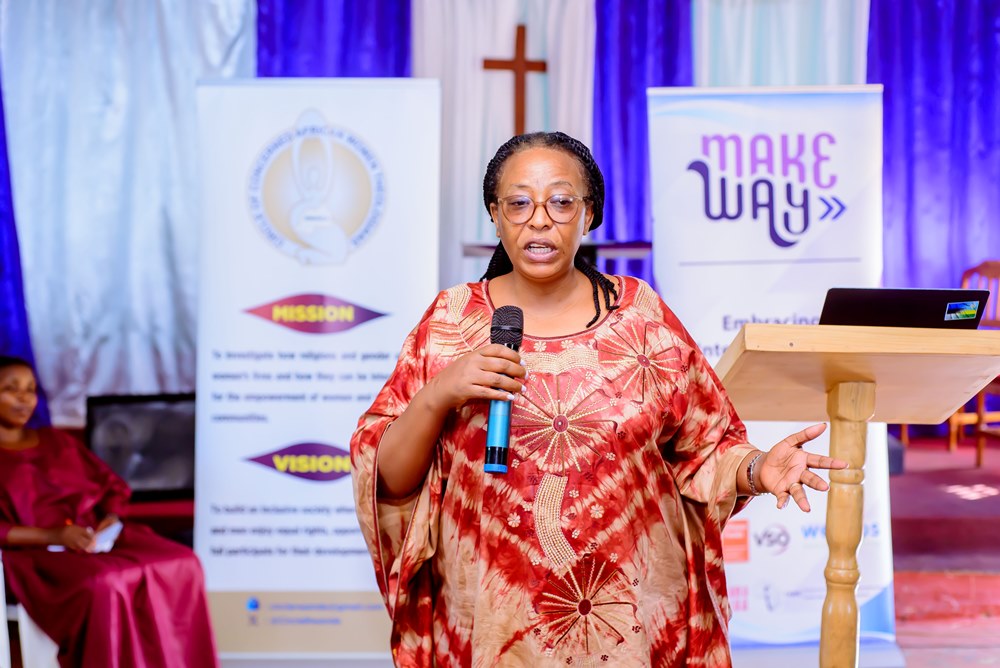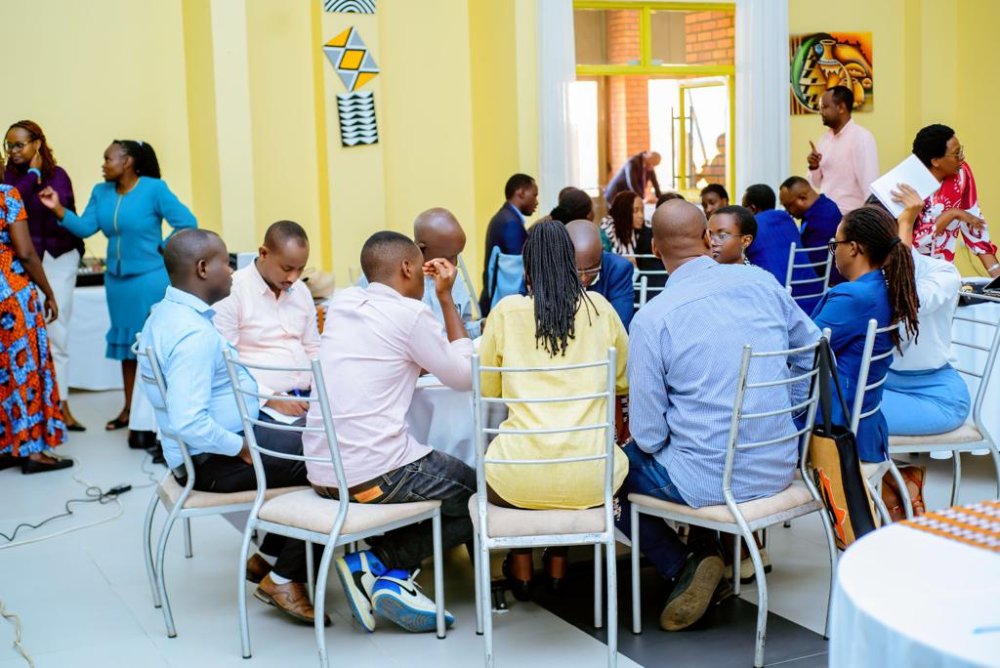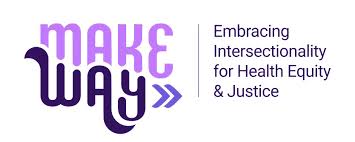The Circle of Concerned African Women Theologians was launched in 1989, Legon Ghana by sixty-nine women from various African countries and the African diaspora.
Mercy Amba Oduyoye, its lead founder, sought to establish a transformative space for African women to research, write and publish about matters of gender and religion, after realizing that the latter was often used to marginalize and justify the status of women as second citizens in the society.
- circlerwanda@gmail.com
- KK 698 St, Kigali
Get to Know Us
Welcome to Circle Rwanda
Who we are ?
The Circle of Concerned African Women Theologians (henceforth Circle) is a Pan-African academic association of women researching, publishing and interacting with communities on matters relating to gender and religion/theology, i.e., all religions resident in the African continent and affecting women of African descent in the various African diasporas.
The Circle of Concerned African Women Theologians Rwanda Chapter started in 2021 in Huye, Rwanda by fifteen women and was granted a legal personality as registered Non-Government Organisation (NGO) in 2023.
The Circle of Concerned African Women Theologians Rwanda Chapter started in 2021 in Huye, Rwanda by fifteen women and was granted a legal personality as registered Non-Government Organisation (NGO) in 2023.
Circle Vision
Is to build an inclusive society where both women and men enjoy equal rights, opportunities and full participate for their development.
CIRCLE Mission
Is to investigate how religions and gender affect women’s lives and how they can be interpreted for the empowerment of women and their communities.

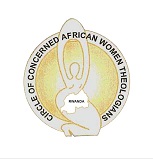
PROGRAM DETAILS
Our Programs Are as Follows
GET IN TOUCH
Contact Us

FROM THE BLOG
Checkout latest news updates & articles
24 Dec, 2024
- by Admin
Religious Leaders' Solutions to the Issue of Teenage Pregnancies in Rwanda
Read More
08 Oct, 2024
- by Admin
A Major Gap Identified in Religious Leaders' Understanding of Reproductive Health
Read More
More About Circle Rwanda
The Circle of Concerned African Women Theologians
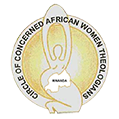
Our Values:
C= Complementarity
I= Inclusivity
R= Research and Publication
C= Community Engagement
L=Life affirming
E= Empowerment
I= Inclusivity
R= Research and Publication
C= Community Engagement
L=Life affirming
E= Empowerment
CIRCLE Vision
Is to build an inclusive society where both women and men enjoy equal rights, opportunities and full participate for their development.
CIRCLE Mission
Is to investigate how religions and gender affect women’s lives and how they can be interpreted for the empowerment of women and their communities.
OUR FEEDBACKS
What they’re talking?
Some of our Followers Feedback

The Projects are very amazing, keep moving
Ishema John Robert
Youth Coordinator
Learning process was amazing
